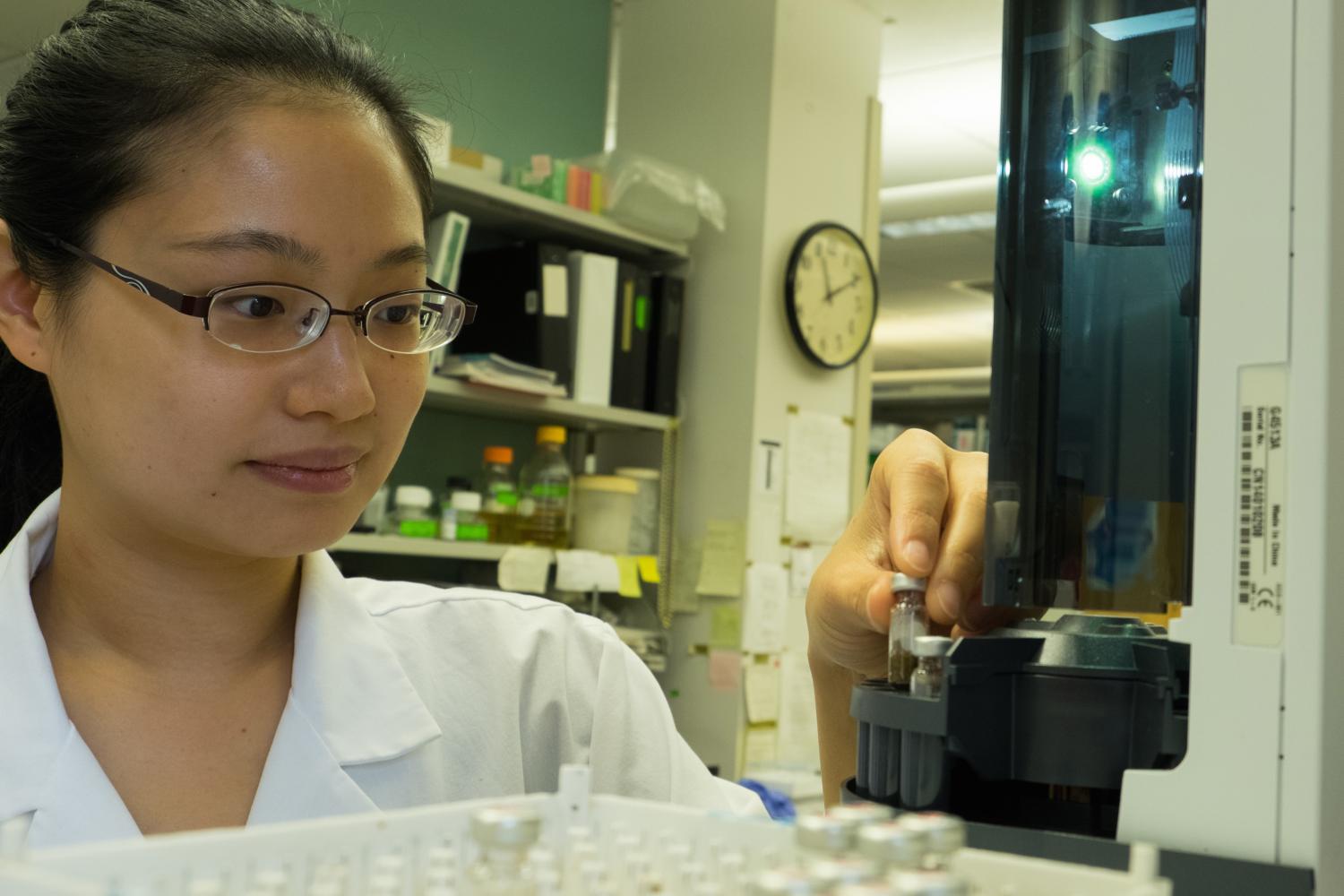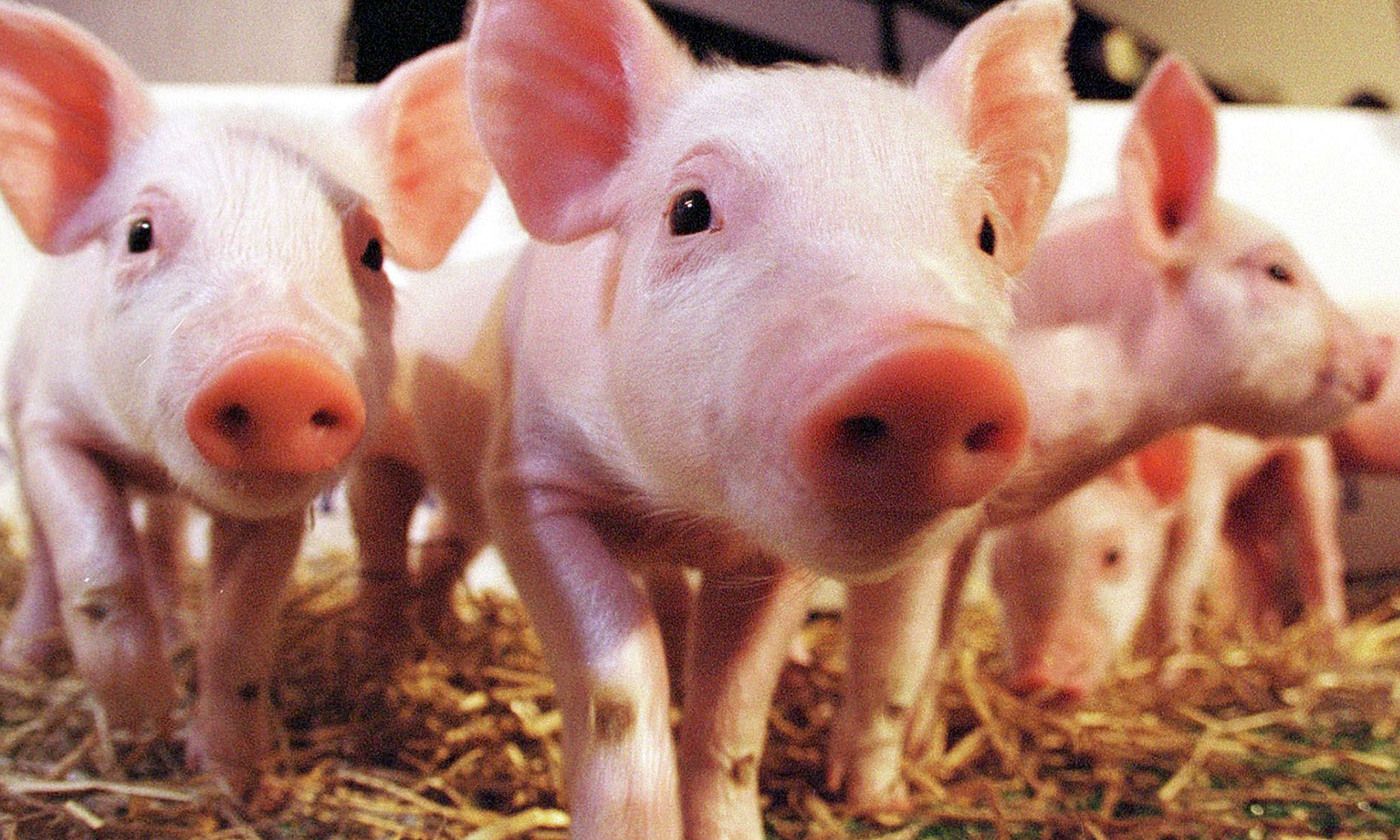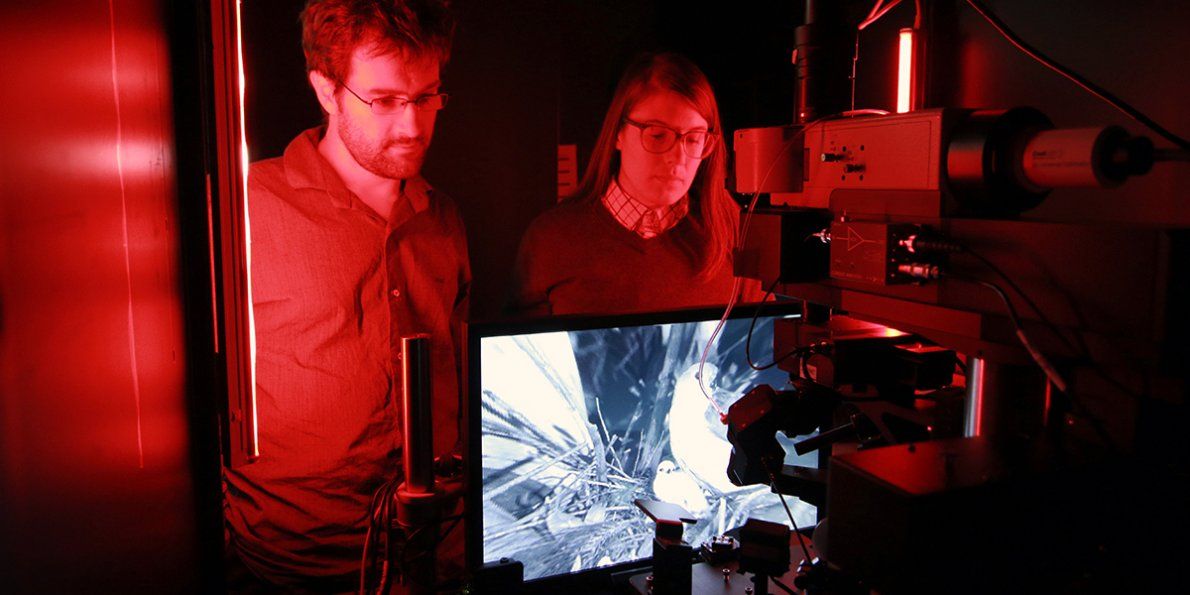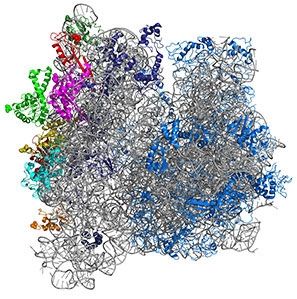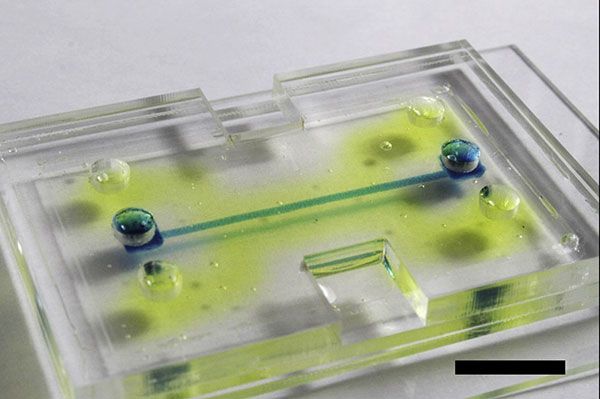Jul 18, 2016
‘Green’ electronic materials produced with synthetic biology
Posted by Karen Hurst in categories: bioengineering, biotech/medical, computing, nanotechnology, solar power, sustainability
Biowire.
Researchers led by microbiologist Derek Lovely say the wires, which rival the thinnest wires known to man, are produced from renewable, inexpensive feedstocks and avoid the harsh chemical processes typically used to produce nanoelectronic materials.
Lovley says, “New sources of electronic materials are needed to meet the increasing demand for making smaller, more powerful electronic devices in a sustainable way.” The ability to mass-produce such thin conductive wires with this sustainable technology has many potential applications in electronic devices, functioning not only as wires, but also transistors and capacitors. Proposed applications include biocompatible sensors, computing devices, and as components of solar panels.
Continue reading “‘Green’ electronic materials produced with synthetic biology” »

